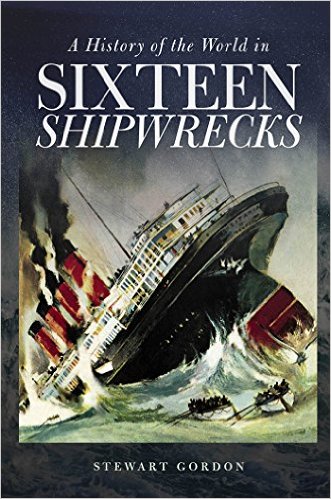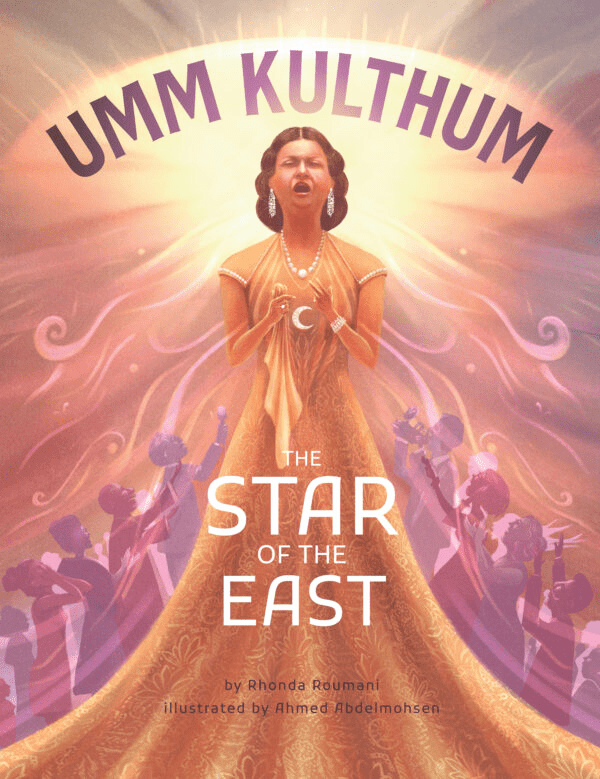
A History of the Worlds in Sixteen Shipwrecks
Robert W. Lebling
Stewart Gordon
2015, ForeEdge, 978-1-61168-540-4, $29.95 hb.
Stewart Gordon, a specialist in Asian history and contributor to AramcoWorld, has produced an intriguing chronicle based on shipwrecks from ancient times until today. Some of the vessels are discovered wrecks; others are lost ships known to history but never found. Each had a significant impact on history, with good archaeological or textual documentation backing up its role. The oldest is a nine-meter dugout carved from an African mahogany tree 8,000 years ago and excavated in Dufuna, Nigeria. The newest is the Costa Concordia, the cruise ship that ran aground off western Italy in 2012. Gordon links each vessel with the world in which it flourished, and shows the spread of globalization via trade, exploration or conquest, excelling at details throughout. Describing the Uluburun shipwreck, a 3,000-year-old Eastern Mediterranean cargo ship found off western Turkey, he notes that the pomegranate seeds and skin fragments in jars amid the wreckage tell much about its trade mission. In those days, pomegranates were grown only in the Caspian region and the tasty red fruits, with a rich mythical lore, were a high-value export destined for tables of the elites of the Levant.
You may also be interested in...
.png?cx=0.44&cy=0.65&cw=382&ch=487.6595744680851)
Zeina Abirached’s Art Uncovers Urgency of Wisdom in Gibran’s The Prophet
Kahlil Gibran’s 1923 classic is given new life, as Abirached’s graphic novel blends Lebanese artistry with the late author’s timeless wisdom.
Children’s Book Documents Rise of Umm Kulthum, Egypt’s Star of the East, As Declaration of National Identity
Illustrator Rhonda Roumani presents an illustrative biography of legendary Egyptian singer and cultural icon Umm Kulthum.